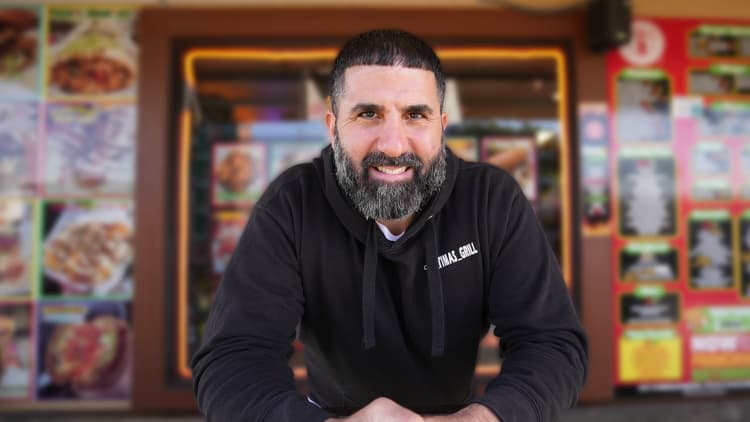Most people would agree, especially after a global pandemic, that nobody actually knows what the future holds. But very few of us apply this logic to our own personality.
Shankar Vedantam, a journalist and host of the podcast Hidden Brain, calls this blind spot "the illusion of continuity," in a recent TED Talk.
"When we look backwards, we can see enormous changes in who we have become," he said during the talk. "But when we look forwards, we tend to imagine that we're going to be the same people in the future."
This miscalculation, he said, can actually harm us. We sometimes make rash, finite decisions, assuming our perspectives, desires, or capabilities will never alter.
This is a "wicked problem," he said, as we spend so much time trying to anticipate what will bring us joy as we age.
To make your future self happy, Vedantam has three pieces of advice.
1. Stay curious.
"If you accept the idea that you're going to be a different person in 30 years' time, you should play an active role crafting the person you are going to become," he said. "You should be the curator of your future self. You should be the architect of your future self."
This means pursuing new hobbies and meeting new people. Don't invest all your time in the same friends and family you have today.
"Expand your horizons, because you're going to become someone different, you might as well be in charge of deciding who that person is going to be," he said.
You should be the architect of your future self.Shankar Vedantamjournalist and host of the podcast Hidden Brain
2. Approach life with humility.
Think about the opinions you held 10 or even five years ago. It's likely that today they differ, if only slightly.
Keep this in mind, Vedantam said, when you make sweeping declarations.
"As we make pronouncements on social media or in political forums, or at dinner parties, let's bear in mind that among the people who might disagree with us are our own future selves," he said. "So when we express views with great certitude and confidence, let's remember to add a touch of humility."
3. Be brave.
We often associate aging with losing certain abilities, but that's just part of the picture, Vedantam said.
"Our future selves are also going to have capacities and strengths and wisdom that we do not possess today," he said.
So don't tell yourself you can't take on certain tasks just because you don't feel like you have the bandwidth to handle them today. Your future self is stronger than you think. Be brave and accept new challenges.
"I believe if you can do these three things," Vedantam said. "If you can stay curious, you can practice humility and, you can be brave, then your future self will look back at you in 20 or 30 years — will look back, not with resentment or bewilderment, but will look back at you and say: 'Thank you.'"
DON'T MISS: Want to be smarter and more successful with your money, work & life? Sign up for our new newsletter!
Get CNBC's free Warren Buffett Guide to Investing, which distills the billionaire's No. 1 best piece of advice for regular investors, do's and don'ts, and three key investing principles into a clear and simple guidebook.



